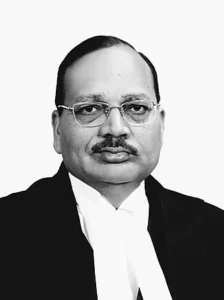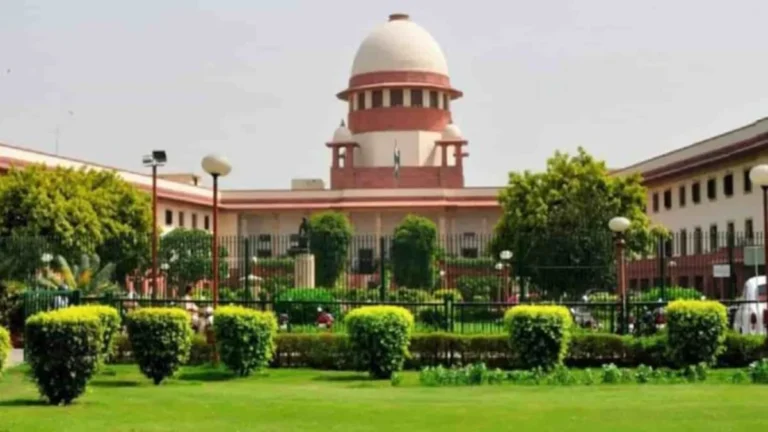March 04, 2025 The Supreme Court of India today made a startling observation about the health care system in the country. It noted that state governments have, “largely failed” to provide affordable medical care and basic infrastructure to citizens. This has created an “open field” for private hospitals to grow, often at the expense of vulnerable patients. The bench, headed by Justice Surya Kant and Justice N. K. Singh, did not hold back in urging the central government to come up with guidelines to address this problem. It’s a wake-up call for a system that seems to have left many people with no option but to turn to expensive private healthcare.
It was brought to light by a petition filed in the Supreme Court. The petitioner said that private hospitals are exploiting patients and their families by forcing them to buy over-priced medicines and medical equipment from their in-house pharmacies. You’re sick, scared and then forced to spend more than you need to because the hospital says so. The petitioner didn’t just point fingers—they called for strict action against these hospitals and demanded that both the central and state governments take responsibility. It’s a cry that will touch anyone who’s felt the pinch of rising healthcare costs.
Justice Surya Kant Questions Regulation

Justice Surya Kant, presiding over the hearing, put the matter directly to the central government: how can this exploitation be checked? It’s a difficult question to answer. Private hospitals are run like businesses, where profit is the priority, and the situation is compounded by the lack of affordable options in public hospitals. The central government sought to defend itself, saying that patients aren’t forced to buy from hospital pharmacies. But the court wasn’t convinced. Justice Kant pointed out that state governments have an obligation to ensure that public hospitals provide medicines and services at reasonable prices—then patients won’t be forced to pay extra at private facilities.
The Supreme Court didn’t just chide—it also acted. It directed state governments to crack down on private hospitals that force patients to buy from their in-house stores, when there are cheaper options outside. It also asked the central government to draw up clear guidelines to prevent such exploitation. It’s a bold step, but one that raises hopes for a fairer healthcare system. The question now is whether these directives will translate into real change or just be words on paper.
State Responses and the Road Ahead
It isn’t the first time the Supreme Court has addressed the issue. It had earlier issued notices to all states and several of them replied—Odisha, Arunachal Pradesh, Chhattisgarh, Bihar, Tamil Nadu, Himachal Pradesh, and Rajasthan. The states’ replies reveal a larger problem: the states say they rely on the central government’s price control order to control the cost of medicines. It’s a classic case of passing the buck—states blame the center, while patients continue to suffer. The court’s latest ruling seems to demand more accountability from everyone involved.
Private hospitals aren’t necessarily bad; they often provide better care and better facilities. But when they grow because public healthcare is failing, something is wrong. The Supreme Court’s call for guidelines could be a step in the right direction, but it will take more than a court order to change things. State governments need to invest in public hospitals—better infrastructure, more staff, affordable medicines. Meanwhile, the central government needs to make sure its guidelines have teeth, not just empty promises. For now, this ruling is a step in the right direction, shining a light on a problem that too many have had to suffer in silence. Whether it leads to lasting reform, we’ll have to wait and see. Dainik Bhaskar




